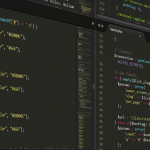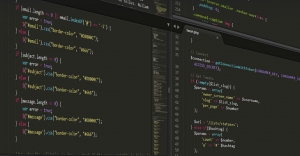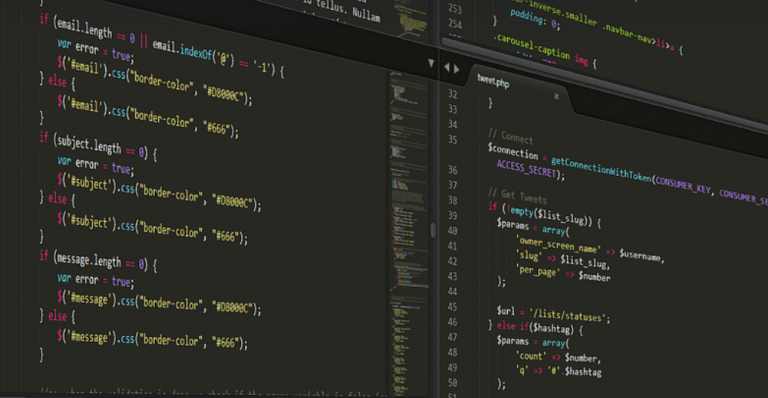What’s the Buzz About Cornell’s Supplemental Essays?
So, you’ve done the hard part – nailed your application with stellar transcripts and test scores. Now comes the exciting (and sometimes daunting) task of crafting killer supplemental essays for your dream engineering program at Cornell University. The good news? Cornell doesn’t just rely on numbers—they dig deeper to understand who you are as a person, an engineer-to-be!
These essays provide the chance to showcase your passions, experiences, and skills that make you unique. They’re not just about technical prowess; they delve into the heart of what drives you to pursue engineering.
Here’s the thing: these essays are crucial for standing out from the crowd. It’s a chance to tell your story in a way no standardized test or transcript can, painting a vivid picture of who you are and what makes you tick as an engineer.
Think about it: Cornell is known for its rigorous academics but also for fostering an environment that encourages innovation and collaboration. Their supplemental essays allow them to peek behind the curtain, uncovering your potential beyond the classroom.
But don’t worry; this isn’t a scary beast you need to conquer alone! Let’s break down the process, exploring each essay type with tips and tricks for success.
Navigating the Cornell Engineering Supplemental Essay Landscape
Cornell Engineering has three main supplemental essays that delve into different aspects of your academic journey. These essays serve as powerful tools in showcasing who you are as an applicant.
1. The “Why Cornell” essay:
This essay is a chance to paint Cornell’s vibrant campus and its unique engineering programs onto the canvas of your experience. It encourages you to reflect on what draws you to this specific institution, going beyond just mentioning the prestige of its name.
Here are some key areas to explore in your “Why Cornell” essay:
- **Specific Engineering Programs:** Do you have a particular research lab or project that excites you? How does Cornell’s program align with your goals and aspirations?
- **Faculty Research:** Are there professors whose work resonates with your interests, sparking a desire to study under their guidance?
- **Campus Culture:** Do you envision yourself thriving in Cornell’s collaborative environment? Consider how the student organizations, research opportunities, or clubs align with your passions.
Don’t just list out general reasons; delve into specific examples that illustrate why you are drawn to Cornell. Use real-life experiences and connect your choices to the unique aspects of the institution.
2. The “Beyond the Numbers” essay:
This is where you put your passion on display. It’s about showcasing how your experiences go beyond academics, revealing your character and motivation.
Here are some key areas to explore in this essay:
- **Passion Projects:** Let the world see what drives you! Describe a non-academic project that shows curiosity, creativity, or leadership skills – perhaps a hackathon you participated in, a community service initiative, a robotics competition, or an online learning platform you started.
- **Unique Skills and Talents:** Are you a skilled artist? A budding musician? An adept problem-solver? Highlight your unique talents and how they contribute to your ambition to become an engineer.
- **Lifelong Learning Habits:** It’s not just about what you teach others, it’s about learning every day! Share your love for expanding your knowledge base. What are some topics you devour and why?
Don’t be afraid to get personal; your voice is what sets you apart.
3. The “About Me” essay:
This essay allows you to craft a mini-narrative about yourself, your values, and what defines you as an individual. It provides insight into who you are beyond the academic realm. Think of it as getting to know yourself better – for Cornell!
Here’s how to make this essay truly shine:
- **Share Your Story:** Go beyond just listing your achievements and skills – let your personality come through! What experiences have shaped who you are?
- **Show Vulnerability:** It’s okay to admit your flaws, uncertainties, or challenges. You can even connect them to engineering, showing how you learn from mistakes and adapt.
- **Highlight Your Values:** What motivates you? What makes you tick? Show what drives you as an individual – your passion for learning, service to others, etc.
Remember: authenticity is key! Be honest, be genuine, and let your voice take center stage.
Crafting Your Winning Essays
Cornell’s supplemental essays are a treasure trove of opportunities to showcase your unique story. These essays provide a glimpse into your personality beyond the academic record.
Here’s how you can craft compelling essays:
- **Read Carefully:** Each essay prompt has specific expectations and guidelines. Read it thoroughly, understanding what it’s asking for.
- **Be Specific & Personal:** Use concrete examples from your life to illustrate your experiences instead of relying on vague statements or generic answers.
- **Show Your Passion:** Let your genuine enthusiasm shine through! Demonstrate your excitement and ambition for engineering at Cornell.
- **Develop a Narrative Arc:** Don’t just list your achievements; craft compelling narratives that engage the reader. Each essay should have a beginning (introducing the prompt), middle (explaining your experiences), and end (highlighting your unique qualities).
- **Get Feedback:** Don’t be afraid to share your essays with trusted advisors or mentors who can provide constructive criticism and fresh perspectives
Remember: writing an essay is a marathon, not a sprint. Take time to craft each word carefully, ensure clear and concise communication, and don’t be afraid to ask for help if needed.
The Power of Storytelling in Engineering
Engineering isn’t just about technical knowledge; it’s about solving complex problems and transforming ideas into tangible solutions. Cornell understands this – that’s why they focus on your personal experiences as much as your academic achievements.
Your essays should illuminate your journey—how you discovered your passion for engineering, what challenges you faced, and how you overcame them.
Your essays are meant to be engaging and thought-provoking. Don’t just tell “what happened” – convey the “why” behind your choices and actions.
Think about it this way: Imagine Cornell engineering professors as puzzle masters! They want to see how you solve problems, build bridges, design innovative solutions – these are the skills they seek in aspiring engineers.
This is a chance for you to break down the barriers between your life and their world.
The Importance of Reflection
Reflecting on your experiences before writing is crucial! Take some time to reflect on what you’ve learned from various experiences, both personal and academic. Your responses will be more meaningful when you delve into self-discovery.
Here are some reflective questions that can spark inspiration:
- **What challenges have you overcome?** What did you learn about yourself through those challenges?
- **How has your perspective on engineering changed over time?** Have you discovered new interests or grown more passionate about specific areas of engineering?
- **What skills and values are most important to you in an engineer, and how do they manifest in your own life?**
These questions can guide you into a deeper level of self-awareness that will translate into your essay writing.
The Final Touch: Proofreading & Editing
The final step is to polish your essays for clarity and impact. Proofread meticulously to remove any grammatical errors or typos. Consider having someone else review your writings as well. A fresh pair of eyes can offer valuable feedback on the overall flow and message of the essay.
Remember, your writing should be clear, concise, and engaging.
Don’t forget to proofread for any inconsistencies in style or tone throughout your essays. Make sure each voice is consistent within your essays.
Finally, take a break before submitting your essays. This gives you the chance to look at them with fresh eyes and ensure that they are truly representative of your personality and passion.














